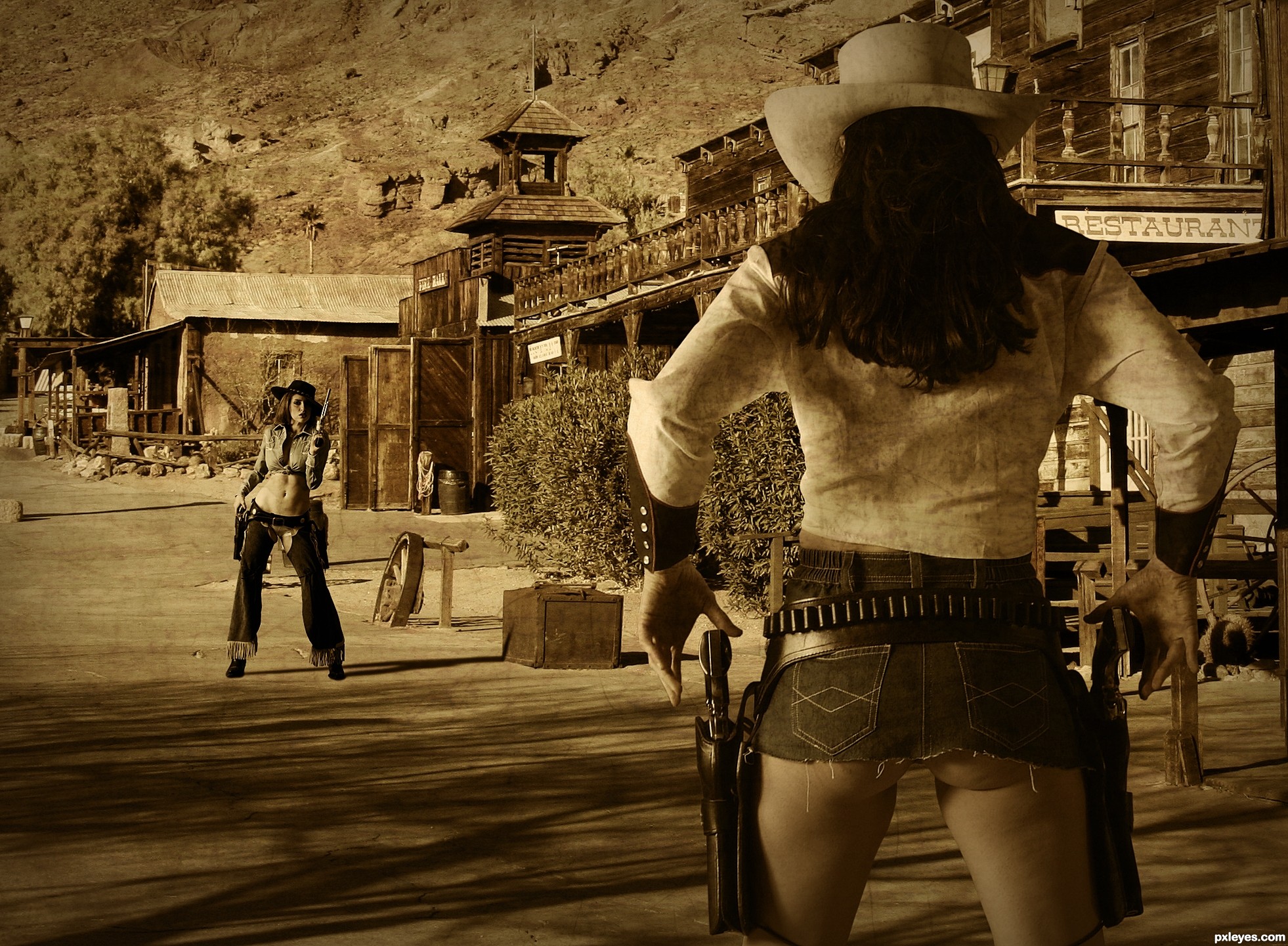
Thank the sweet baby Jesus, the year or more of “Let’s Talk TV” in Canada has come to a close – at least the “Let’s Talk” part anyway.
And after watching the CRTC Hearings over the last couple of weeks, the strongest feeling I got was – “What was the point if you didn’t intend to listen to Canadians anyway?”.
For all of the intimate and online discussion groups and surveys and invites for submissions, the Commission panels were made up of pretty much the usual suspects –- craft guilds, consumer advocates and the Broadcast delivery units so the Commissioners could hear what really worked best for them.
And while the promised intent was to look at the best way to “unbundle” channels as well as make sure Canadians not tethered to a cable system had access to Cancon, the discussion inevitably devolved into what the usual suspects required and not what the public had said they wanted.
Unbundling (despite being a specific consumer priority of the current government) would (in the mind’s of the usual suspects) cost jobs and programming and diminish production funding. And providing Cancon to the untethered could only happen were something to be done about the entity most of the young and/or untethered have already embraced –- Netflix.
Much was made of the appearance of a Netflix representative on the final day of hearings, when the Commission demanded confidential corporate information and became outraged when Netflix said “Okay, but can you guarantee its confidentiality?”.
CRTC Chair Jean-Pierre Blais went ballistic at the suggestion the regulator could not keep such information on the down low –- even though it has occasionally been required to release similar info when an intervener successfully argues it might be in “the public interest”.
Oddly, he also seemed to have forgotten he gave exactly such a guarantee to the Disney Corporation a few days previous.
Perhaps thus revealing his hissy-fit as being more about looking out for the interests of broadcasters (who agreed with the Disney position) rather than protecting those of the consumers he was appointed to serve.
Anyway, a lot of demanding and setting of hard deadlines followed. All of which Netflix ultimately ignored to the chagrin of supporters of the Commission and the relief of Canadian TV watchers.
In the end, what the hearings revealed is that what really needs to change about Cancon in this country is the way it is financed.
The current nanny-State solution operates such that money goes from BDUs to a Government supervised fund from which it then returns to the BDU owned channels to spend as they see fit. And the current level can’t be sustained when Canadians are cutting the cord and embracing online delivery of content.
As British Prime Minister Margaret Thatcher once observed about Socialism – “Sooner or later you run out of other people’s money” –– and so the current method of funding Cancon similarly appears to have run its course.
And a lot of Canadians insist they never got either the programming they wanted or their money’s worth to begin with.
So where do we go from here?
If you ask me the solution is staring us right in the face. It’s a scary solution for many, but one we need to embrace quickly and rewire the system accordingly.
The solution is Netflix.
Or perhaps more correctly, the Netflix model. Give the consumer what they want, when and wherever they want it.
Anyone who owns an AppleTV, Roku, Sony or Boxee unit is aware there are a myriad of Netflix copycats out there already. From Crackle to Flixter to Youtube to offerings (currently blocked in Canada) from Amazon, Yahoo, Hulu and others.
Services offering sports and news and music are available too. On any evening the owner of a smart TV can access everything from SkyNews to KTLA to college sports or MMA from Bahrain.
Meanwhile, some of the drama and comedy content currently Geo-blocked is already being produced right here, created by Canadians –- and fully financed by an offshore OTT service because there is an audience the entity is certain will pay for the product and create a profit worthy of the risk involved.
In other words, the consumer is allowed to pay for what they want to watch rather than funding channels which may only have one or two or zero programs in which they have any interest.
“But”, I can hear the detractors cry, “What will happen to BookTV or Etalk or OUTtv if we all don’t pay for it!”. Sadly, the same thing that happens to anybody who makes a donut or screwdriver not many people want.
Yet, Netflix already offers more Cancon than most of us could find on the entirety of our local broadcast system of an evening. What’s more, it does not pretend to offer a genre, like History Channel or A&E which schedule precious little of the content suggested by their monikers.
Nor do those operating by the Netflix model retain or reorder new seasons of content for which the audience has precipitously dwindled merely because it reaps some hidden regional tax credit making production even cheaper, or fits some social engineer’s idea of what’s “good” for us.
This is a system based on one requirement, giving the audience what it is willing to pay for. And wouldn’t our current system benefit by following that one simple rule?
How likely would it be that fewer people would cut the cord or want their channels unbundled if the channels offered original content or non-copycat programming unavailable elsewhere?
But for as long as the current system has been in place, Canadian broadcasters have seemed averse to creating original content.
And of late, they’ve rerouted funding earmarked for production to reruns, declined to promote series beyond their premiere seasons and even suggested producers purchase ads on their own shows to make them viable.
And if you think any of that is untrue you’re probably a CRTC Commissioner who thinks Canadian broadcasters need further protection.
Indeed, you have to ask why the question, “When will we see a Canadian ‘House of Cards’?” was only asked of Netflix and not every other broadcaster appearing before the Commission.
It was almost like the CRTC was admitting it had given up the hope of such programming ever being delivered by a Canadian broadcaster.
So why don’t we go back to what the CRTC was originally designed to do –- to make sure Canadians have Canadian media options. Let them simply rule on how many hours of Cancon must be delivered during the various day parts to assure those options and then get out of the way.
Why don’t we have whatever funding comes from government or BDU’s flow directly to production companies who would then offer their produced content to whichever channel outbid the others for it –- exactly the way Canadian broadcasters now deal with CBS, NBC, ABC and FOX…?
Perhaps we find a way to incentivise private investment in production since the Netflix model reveals that there are now many new media players (and more on the horizon) in search of original content.
Does it cost us Culturally? Doesn’t it cost us more if Canadian Creatives can only find employment based on their regional availability or ethnic background or on series hamstrung by low budgets and limited to 8, 10 or 13 episodes a year?
All of that means we need to alter our Nanny-State approach, our welfare system for Cancon. And making such changes has historically been a good thing.
There was a time (and not so long ago) when you could only buy a drink in Toronto on a Sunday if you first purchased a meal. It was a way of keeping the Lord’s Day holy by reducing the public consumption of alcohol.
But all it really did was reduce the number of people employed in Taverns and the amount of disposable income going back into the community –- and maybe made those (perhaps like CRTC Commissioners) who saw themselves as pillars of the community, feel a little more self-satisfied.
Is public drunkenness in Toronto rampant on Sundays since the law was repealed? Hardly.
Will Cancon disappear if it isn’t government sponsored? Just as hardly.
If the current generation of Canadian Creatives has done nothing else (and they have) they’ve made it patently obvious that Canadians want to watch Canadian stories. How it is still possible for Network execs to crow about ratings in the millions in Public and still argue before the CRTC that the audience doesn’t really want that much Cancon?
How much further might we get if the broadcasters simply had an hourly quota of it to fill and it was up to actual Canadians who’ve chosen to create in their own country for their own countrymen to come up with the shows?
Netflix won’t be going away anytime soon. Nor will anybody be requiring that you watch two Canadian made Youtube videos before you can link to whatever else you want to watch.
And anybody arguing either of those as beneficial is simply handing Stephen Harper his next majority government. Because advocating against the gougers in cable and mobility is a proven political winner.
Canadians, via their massive embrace of Netflix, have clearly voted for freedom of choice. It’s time for our broadcasters to find their way into that game and get rid of a system which holds back the hands of the clock instead of reaching for the future.













